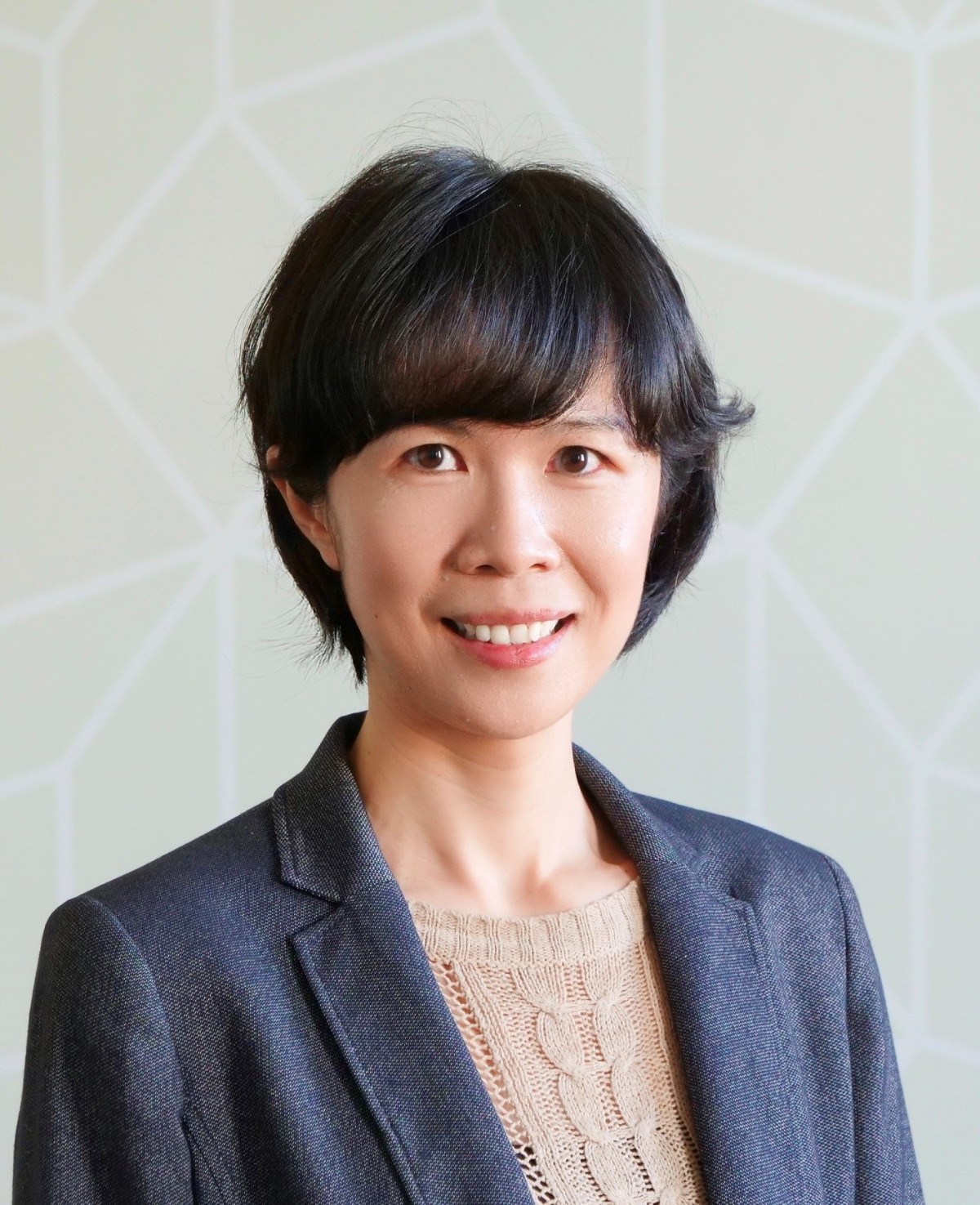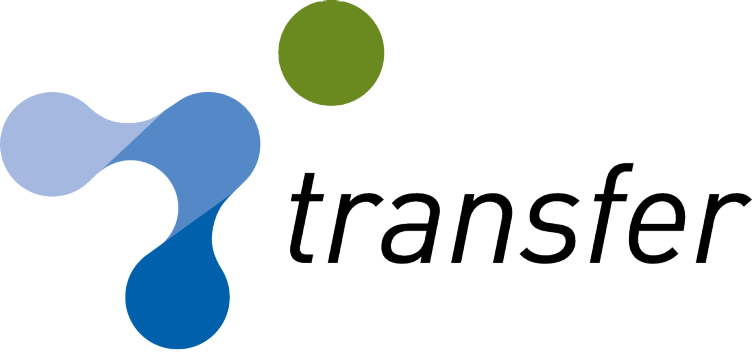Understanding patents
Childpage navigation
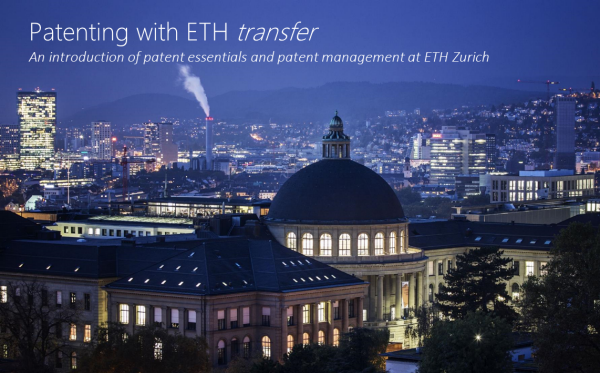
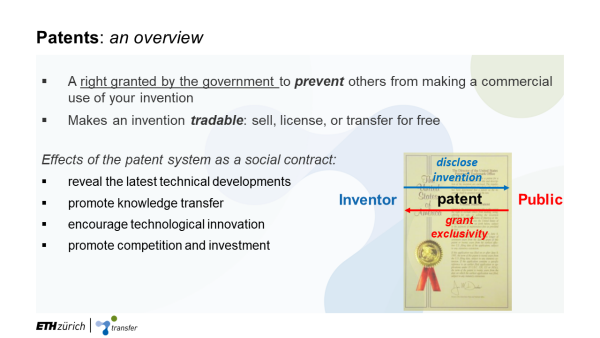
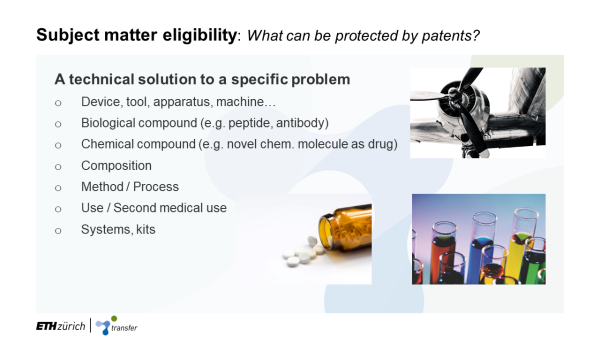
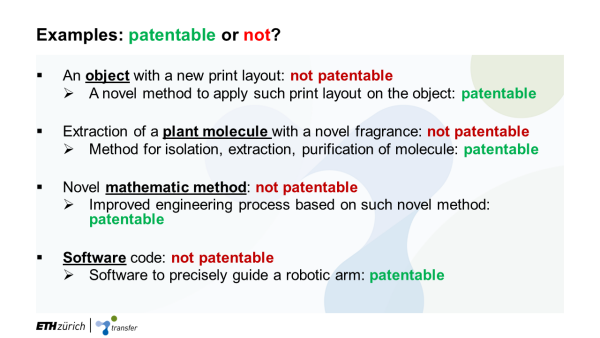
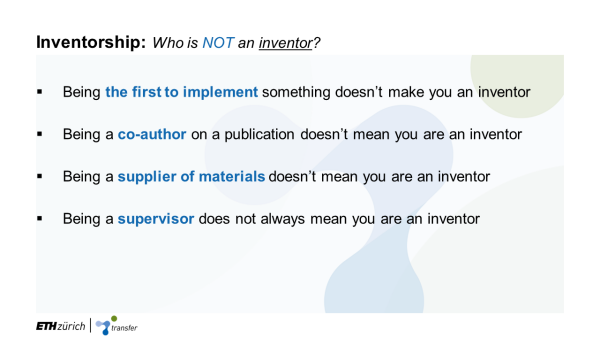
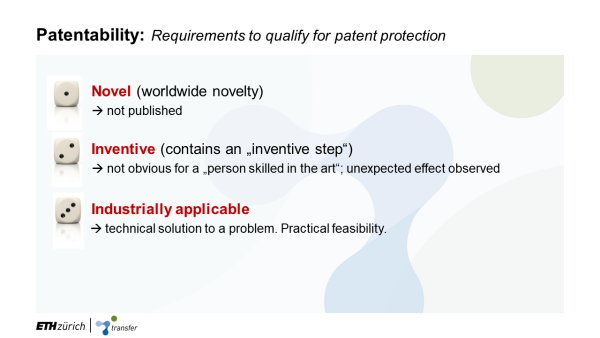
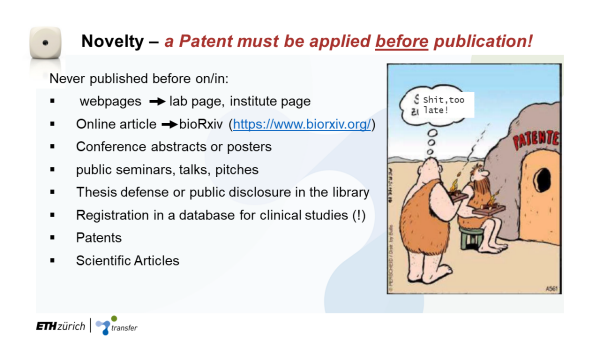
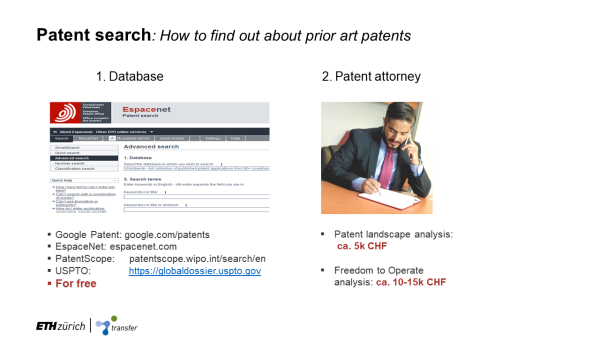
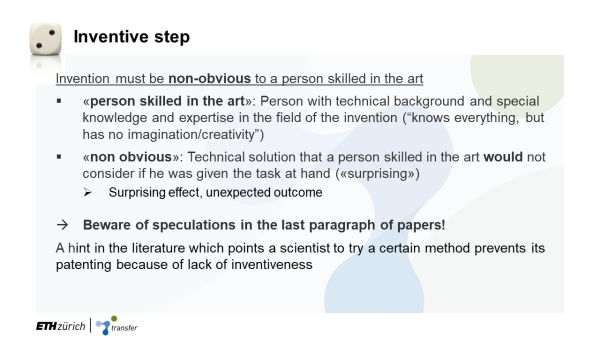
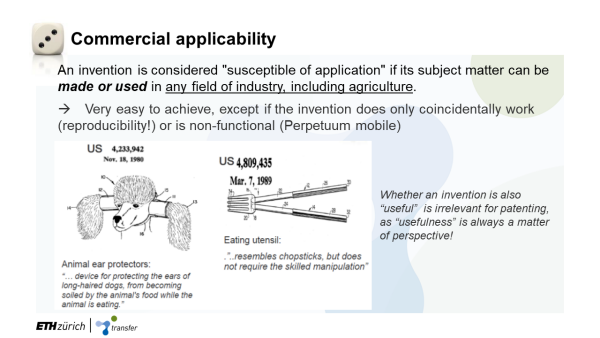
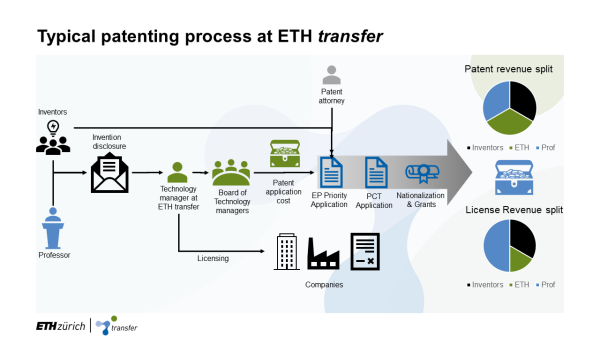
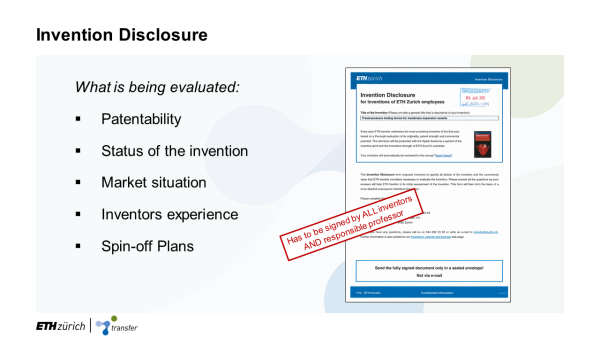
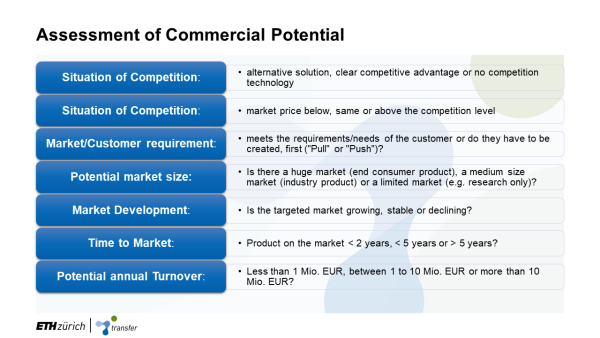
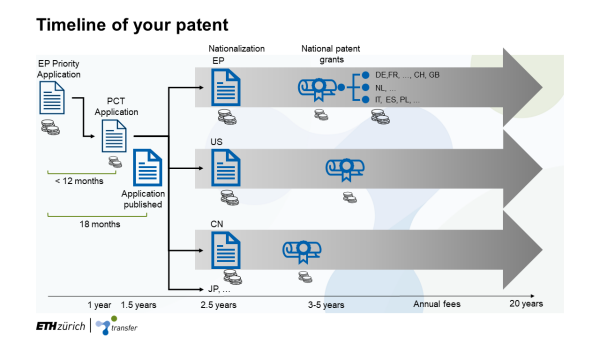
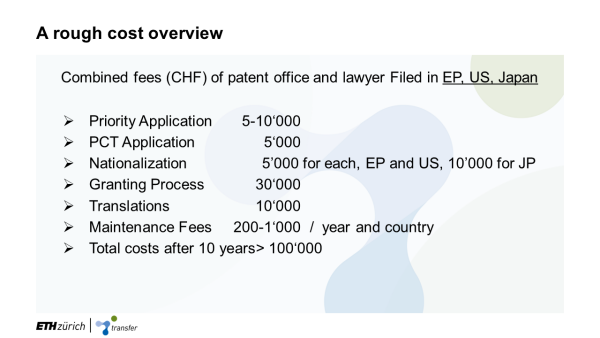
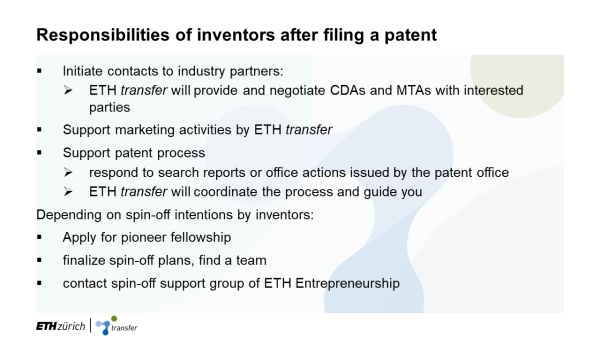
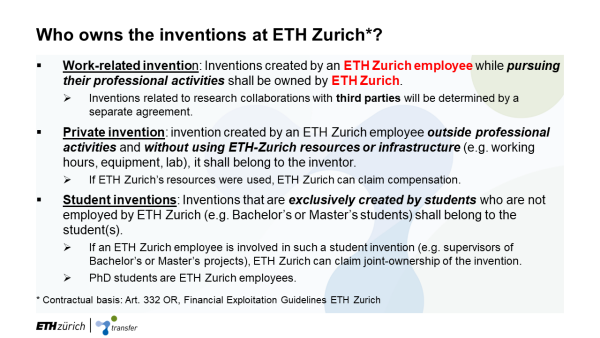
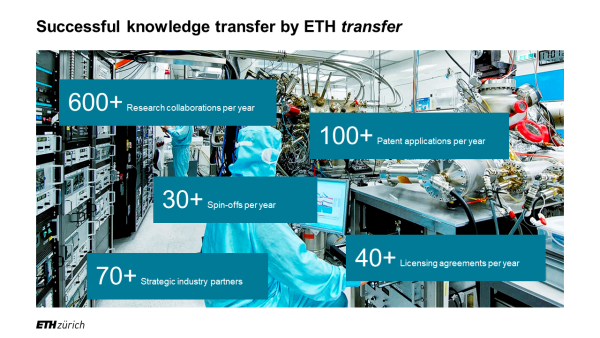
An invention uses technology to solve a specific problem. The invention can be a product, such as goods, tools, and materials, or a process, such as manufacturing processes and control procedures.
A patent is an intellectual property (IP) right to legally protect technical invention. A patent offers many benefits. It allows the patent holder to prevent others from using his/her invention for commercial purposes for up to 20 years. The patent holder can decide who is allowed to produce, sell or import the invention. The patent holder can also trade the patent, e.g. sell it or licence the use of the invention through a license agreement. In return for patent protection, the technical details of the invention must be disclosed to the public during patent application.
Patents may be granted for inventions of technical character, if the invention is new, involves an inventive step and has industrial applicability. There are some exceptions to patentability, however, mainly in the field of biotechnology and medical treatment. In many countries, software or procedures based on computer programs can be protected only if they contain further technical elements. This means that program-controlled equipment, procedures for production and control of procedures can be patented as a rule. In some countries, for example the US, the possibility of patent protection is broader. In any case, software is protected by copyright.
Inventions made by employees of ETH Zurich
An invention belongs to ETH Zurich if it was made in the scope of official employment activities at ETH (service invention). This normally applies to inventions of doctoral students, scientific collaborators, assistants and professors, but not for students without an employment contract with ETH. Such service inventions must be filed in the name of ETH Zurich. The inventors are normally remunerated by the exploitation of such an invention.
If an invention was made in the course of a research project with industry, the research agreement stipulates the ownership to the results and the rights to use them.
To whom belong inventions of students?
ETH Zurich cannot claim inventions made by its students within the scope of their Bachelor or Master thesis (i.e. without being employed or paid). In the case of an employed co-inventor (e.g. a supervisor), both parties are joint owners. The students, however, may transfer their rights to ETH Zurich and will then be supported and remunerated on the same basis as ETH employees.
For more information regarding patent ownership at ETH Zurich, please refer to:
Download Exploitation guidelines of ETH Zurich (PDF, 267 KB)
To patent, it is important that your invention is new. As a rule, you will know the scientific literature of your field very well, but what about the patent literature? You may consult various patent databases on the Internet in advance to find out whether patents already exist for inventions which resemble your own or concern a similar problem.
external page Espacenet
external page Swiss Institut of Intellectual Property
external page German patent office
external page US patent office
Further information and assistance on patent search can be found at ETH library.
For more educational resourses on patents:
Offers | Location/type | Targeted audiences |
|---|---|---|
ETH courses related to patent and other IP rights
| ETH courses granting ECTs | Students |
| external page General IP knowledge and relevant laws in Switzerland | IGE/IPI website | General audiences |
external page E-learning courses provided by European Patent Academy
| EPA online courses, registration required, 1-8 hrs each | Students, professors, ETH entrepreneurs |
| external page Europe IP Helpdesk - E-Learning | Recorded webinar courses hosted by European Commission IP Helpdesk, on a diverse collection of IP topics, free of charge | Students, professors, ETH entrepreneurs, technology transfer officers |
Your partners for IP education:
Your ETH contact point for patent training:
ETH transfer IP und Lizenzen
Rämistrasse 101
8092
Zürich
Switzerland
